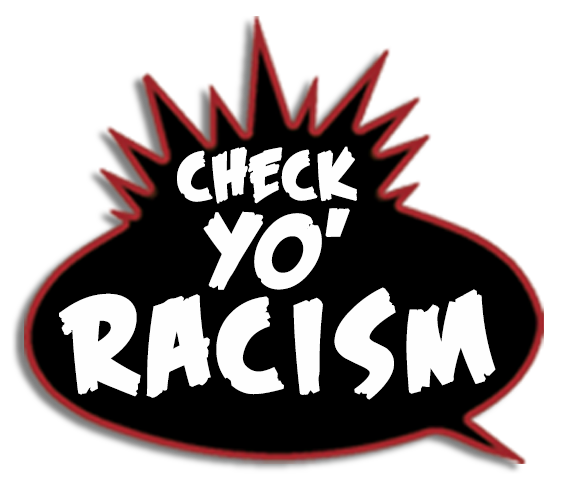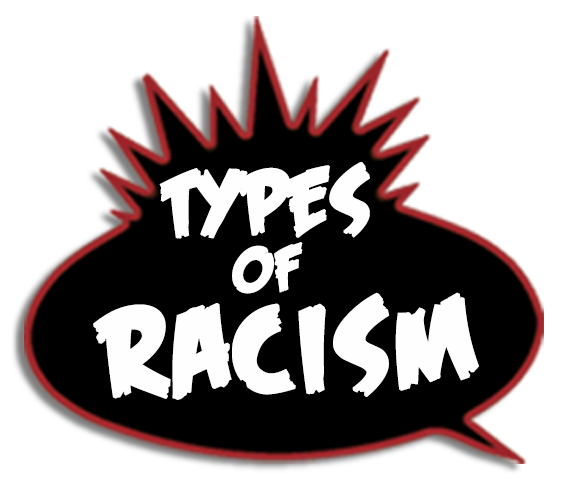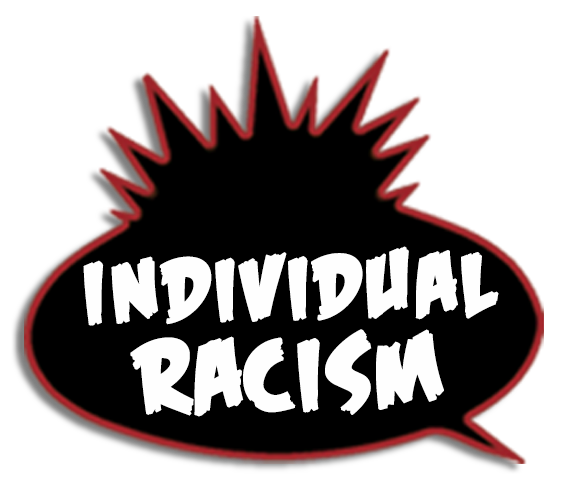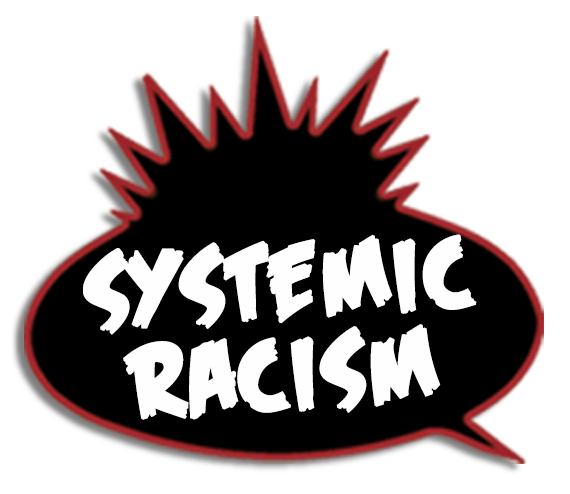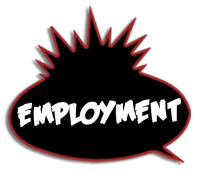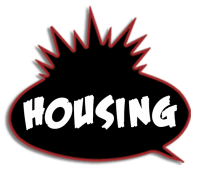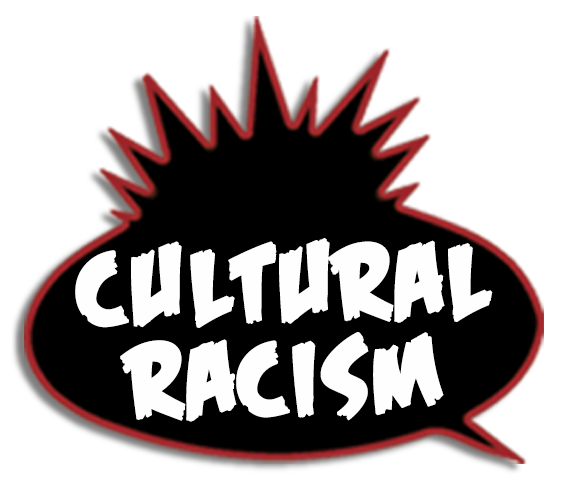Most official definitions of racism fail to encompass the breadth and scope of racial inequity. Racism means prejudice combined with social and institutional power. It is a system of advantage based on skin color.
Learn more below about the different types of racism, and some examples, facts and figures.
Read about some ways in which you might be anti-Black without knowing it.

